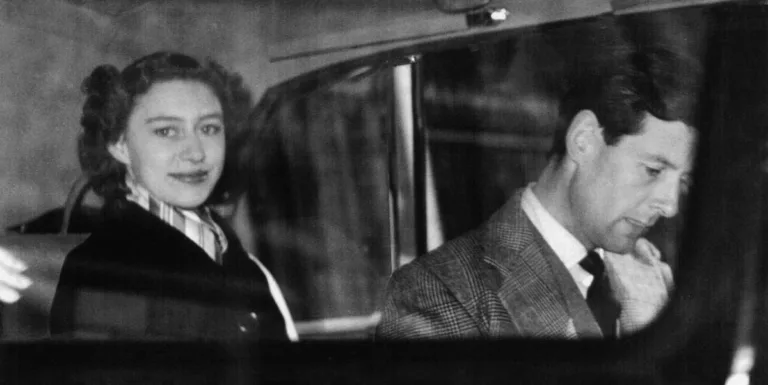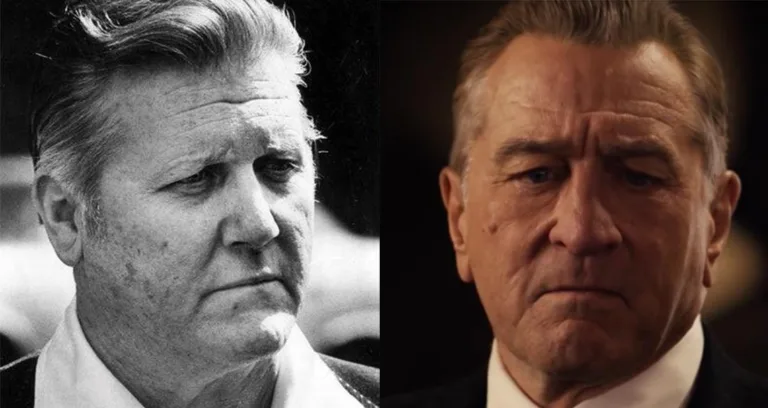Calvin Coolidge, the 30th president of The United States, was a man of few words and even fewer public displays of emotion. This quiet demeanor, coupled with his thoughtful approach to governance, earned him the enduring nickname “Silent Cal.” But don’t let that fool you! Behind the reserved exterior lay a sharp intellect and a firm belief in limited government intervention, paving the way for an era of economic prosperity.
Coolidge’S Presidency, Spanning From 1923 to 1929, witnessed a period of significant growth and social change. He championed policies that fostered business expansion, Reduced Taxes, and encouraged individual initiative. His approach resonated with the American people, who appreciated his straightforwardness and commitment To Fiscal Responsibility. While known for his reticence, Coolidge’s actions spoke volumes about his vision for America – a nation built on opportunity, self-reliance, and a belief in the power of free markets.
His legacy continues to be debated by historians, but one thing is clear: Calvin Coolidge, Despite His nickname for Calvin Coolidge, left an indelible mark on American history.
Calvin Coolidge: A Progressive Republican
Before becoming president, Calvin Coolidge carved his path in Massachusetts politics as a Progressive Republican. This label might seem surprising considering his later reputation for fiscal conservatism, but it reflects the complex political landscape of the early 20th century. Progressive Republicans like Coolidge believed in using government to address social ills and promote economic fairness while still Upholding Traditional Values.
Coolidge’s time as governor of Massachusetts saw him championing reforms aimed at Improving Working Conditions, Regulating Businesses, and providing greater access to education and healthcare. He wasn’t afraid to challenge entrenched interests, pushing for policies that benefited the Common Man. While his views evolved over time, this early commitment to social progress laid the groundwork for his later presidency, where he sought to balance individual liberty with a sense of responsibility towards the less fortunate.
This blend of progressive ideals and fiscal prudence solidified Coolidge’s image as a pragmatic leader who understood the needs of both individuals and the nation as a whole. He represented a unique brand of Republicanism that resonated with voters seeking stability and progress in an era of rapid change.
Silent Cal and His Quiet Demeanor
Calvin Coolidge was known as “Silent Cal” for a reason! He wasn’t exactly a boisterous personality who loved to be in the spotlight. In fact, he preferred quiet contemplation and thoughtful deliberation over grand speeches and public displays of emotion. This reserved nature sometimes led people To Underestimate Him, but those who knew him well understood that his silence often masked a keen intellect and a deep understanding of complex issues.
Coolidge believed in letting his actions Speak Louder Than Words. He was a man of principle who approached every decision with careful consideration and a commitment to doing what he believed was right for the country. While some might have found his Demeanor Aloof, others appreciated his calm and collected nature during times of crisis. His quiet leadership style provided a sense of stability and reassurance during a period of significant social and Economic Change.
This nickname for Calvin Coolidge became synonymous with his presidency, reflecting an era marked by both progress and caution. He embodied the idea that less could often be more, proving that thoughtful action and measured words can have a profound impact on shaping history.
 Biography of Calvin Klein: Minimalist Fashion Icon
Biography of Calvin Klein: Minimalist Fashion IconThe Presidency of Calvin Coolidge
Calvin Coolidge’s presidency, Though Relatively Short, left a lasting impact on The United States. Ascending to the office after Warren G. Harding’s death in 1923, Coolidge quickly established himself as a steady and reliable leader. He embraced a laissez-Faire Approach To Economics, believing that government intervention should be minimal, allowing businesses to flourish and individuals To Prosper. This philosophy resonated with many Americans who were eager for economic growth after the turmoil of World War I.
Coolidge’s focus on limited government extended Beyond Economic Policy. He championed individual liberty and states’ rights, often clashing with those who advocated for a more expansive federal role in society. He signed into law several significant pieces of legislation, including the Immigration Act of 1924, which restricted immigration from certain countries, and The Indian Citizenship Act Of 1924, which granted Native Americans full citizenship rights. These actions reflected Coolidge’s commitment to both national security and Social Justice.
His presidency was marked by a sense of optimism and progress, as the nation emerged from the shadow of war and entered a period of unprecedented economic prosperity. While some critics viewed his policies as favoring the wealthy, Coolidge’s presidency is remembered for its stability, Fiscal Responsibility, and commitment to individual freedom.
Legacy And Impact: Immigration, Civil Rights, and More
Calvin Coolidge’s legacy is a complex tapestry woven with threads of economic prosperity, Social Change, and enduring controversy. While often remembered for his quiet demeanor and laissez-Faire Approach To Governance, his presidency had a profound impact on the course of American history.
One of his most significant contributions was his support for civil rights. Despite facing opposition from many in His Own Party, Coolidge signed The Indian Citizenship Act Of 1924, granting Native Americans full citizenship rights after decades of disenfranchisement. This landmark legislation recognized the inherent dignity and equality of all Americans, regardless of their ethnicity or heritage. Coolidge also championed policies that promoted economic opportunity for African Americans, though his efforts were often met with resistance in a deeply segregated society.
His presidency was also marked by Significant Changes To Immigration Policy. The Immigration Act of 1924, signed into law during Coolidge’s term, dramatically restricted immigration from Southern and Eastern Europe, reflecting the prevailing anxieties about national identity and cultural change. This legislation had lasting consequences, shaping the demographic landscape of The United States for decades to come. Coolidge’s legacy continues to be debated by historians, who grapple with his complex record on social justice, Economic Equality, and the role of government in American life.
Farewell to The White House
After serving a full term as president, Coolidge decided against seeking re-election in 1928. This decision was partly influenced by a profound personal tragedy: the death of his son, John, in 1924. The loss deeply affected Coolidge and Grace, and he felt that his time in The White House should be dedicated to healing and supporting his family.
Coolidge returned to his beloved Vermont, where he enjoyed a quieter life filled with simple pleasures and meaningful connections. He remained active in public life, offering his wisdom and counsel on Various Issues. He also found solace in writing, publishing several books reflecting on his experiences in government and his views on American society.
Though he left the political arena, Coolidge never truly retired from public service. His farewell to The White House marked a turning point in his life, allowing him to focus on personal matters while still contributing to the nation through his writing and thoughtful engagement with current events.










